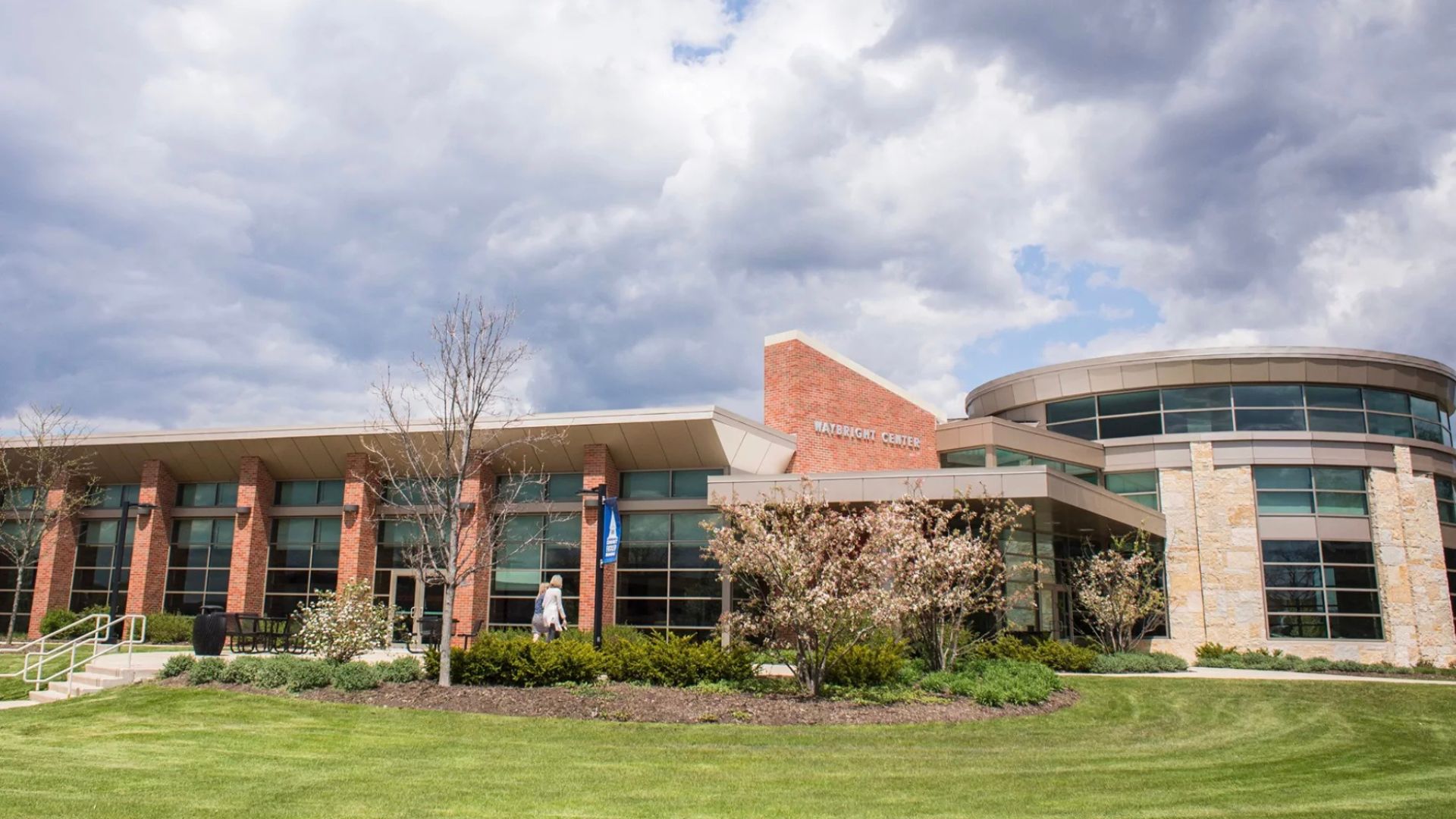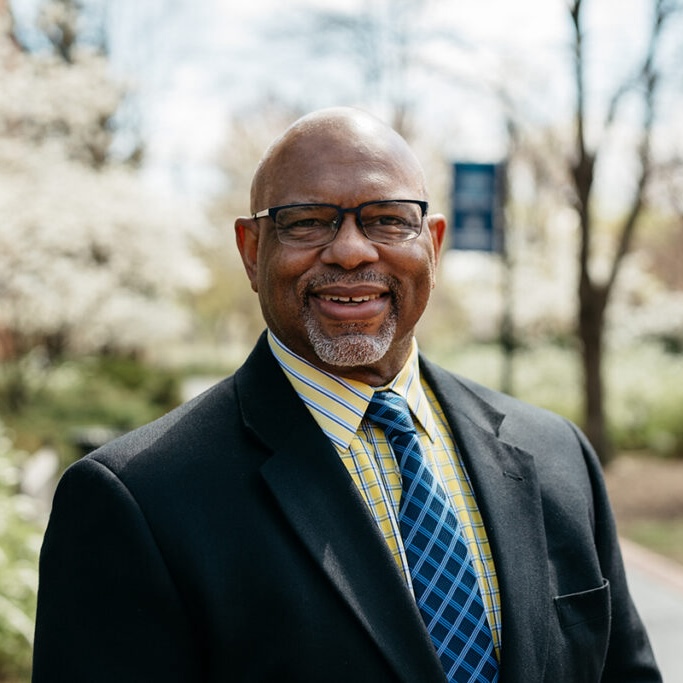One Sunday nearly forty years ago, my wife and I practically stumbled into a church in a part of Brooklyn that was unfamiliar to us. We were the only African Americans in the congregation and figured we would visit someplace else the following week. But the pastor invited us to his house, listened to our story, and urged us to stick around.
Two years later we left for Trinity Evangelical Divinity School (TEDS) in Deerfield, Illinois, with the blessing of that pastor and the congregation, and with me being a recipient of the “Black/Hispanic scholarship” at the only seminary I applied to. With a three-year-old son and a three-week-old son, we set out on an adventure and settled into apartment E5, behind the Aldeen Building on the TEDS campus.
Learning recently that TEDS has decided to move from Deerfield to British Columbia sparked my recollections and brought some sadness. Many TEDS alumni were shocked by the news of the school’s departure. Yet the move highlights what many of us in theological education know: the landscape has shifted over the last few decades and most of our institutions are struggling in some way or another. I have been a seminary student, pastor, seminary instructor, and currently the dean of North Park Theological Seminary. From those experiences, I offer this brief essay as a reflection that:
- Laments the departure of TEDS from the US
- Acknowledges both the need for and the challenges facing theological education
- Emphasizes a few necessary priorities for both the current season and the foreseeable future
Even though I have mixed emotions about my seminary experience at TEDS, including some racially demoralizing experiences there, I am eager to point out that my education fueled my hunger to go deeply into the Scriptures, leading me to pursue and earn a PhD in biblical studies. I valued much of my education, and I even served on the TEDS alumni board for a few years, working to build good relations between the institution and our alumni. I am disappointed that such an important theological institution has found it necessary to leave the US.
Generally speaking, while mainline Protestant seminaries and divinity schools have greater financial resources than evangelical seminaries, enrollment across the board is relatively stagnant and in some cases declining (see Association of Theological Schools data for details).
In many cases, seminary enrollment reflects church attendance. We know that something needs to change, but there is not clarity or agreement on what exactly that change should be. For some, the change is about cost and modality (i.e., the way that education is made available). As Ed Stetzer wrote recently in the wake of the news about TEDS, “There is something of a ‘race to the bottom’ happening in education—who will make online the cheapest and most accessible.” The emphasis on online education had been growing for years, and the COVID-19 pandemic accelerated many schools’ efforts to serve students online. The move, such as the one my wife and I made from Brooklyn to Deerfield, is indeed rare these days. Many students simply cannot afford—their time or money—to stop what they are doing and immerse themselves in an educational, cultural, and geographic environment different from their present one. Yet many of us wonder if theological education—a unique enterprise that ideally engages the head, heart, and hands—is best accomplished through virtual communities. A few emerging models (such as competency-based theological education) are appearing to help push us toward new ways of performing the ancient art of preparing people to serve God and their neighbors.
New Testament scholar Michael Bird summarized the current role of seminary education, noting, “Seminaries are no longer the sole providers of theological content. The premium content on Genesis, Gospel of John, Ethics, Apologetics, Reformation History, or Modern Trinitarian Theology is already out there, it’s either free or very cheap. We cannot continue as if content creation is our main purpose. What seminaries can offer—beyond accredited degrees and funding—is the curation of learning and a cohort experience.” Professor Bird is right, yet there are still people who assume that seminaries primarily provide content. Some pastors, denominational leaders, and laypeople seem to think that seminary students only receive theological knowledge through their seminary professors and that we professors have the power to make students believe certain things (and for some people, the only right education is one that makes sure students believe the same things at the end of their studies that they believed at the start. In other words, not learning appears to be the goal—but that’s a topic for a different time). I hasten to add to Professor Bird’s observations about the curation of content and communal learning within a cohort: those two features must be integrated into deliberate efforts that contribute to the Holy Spirit’s formation of students.
Formation has become something of a buzzword in Christian circles, but seminary must be about critical thinking and character building. Daniel O. Aleshire recommends spiritual formation and explains what it can look like in Beyond Profession: The Next Future of Theological Education. He notes,
“The goal of theological education should be the development of a wisdom of God and the ways of God, fashioned from intellectual, affective, and behavioral understanding and evidenced by spiritual and moral maturity, relational integrity, knowledge of the Scripture and tradition, and the capacity to exercise religious leadership” (p. 82; italics original).
Aleshire describes a holistic education that goes beyond books and papers. I often say that theological education teaches us to do exegesis—of Scripture, of society, and of ourselves. Years ago, during my days on the TEDS alumni board, advertisements for the seminary in Christian publications would show a stack of books under the heading, “Come study with the men who wrote the books.” Indeed, that was an intriguing invitation for many Christians at that time when evangelicalism required men to be the primary educators and learning was mainly about mastering content. But we have learned that theological education is something else. It is helping to guide people to the lifelong pursuit of God, commitment to thinking skillfully and critically, and growth in emotional intelligence. And we do that as leaders who have committed to those same things in our lives. We seminary educators—here at North Park Theological Seminary and elsewhere— know that while we are experts in our fields, we are also fellow disciples of Jesus. We take our cue from the apostle Paul’s words in 1 Thessalonians 2:8, and could say to our students, “So deeply do we care for you that we are determined to share with you not only the gospel of God but also our own selves, because you have become very dear to us.”
Please join me in prayer that the Holy Spirit would revive God’s people in such a way to spark hunger for truth, justice, and love, and that it would fuel our imaginations for fresh, creative ways to practice the Christian faith in our churches and in our educational institutions.














